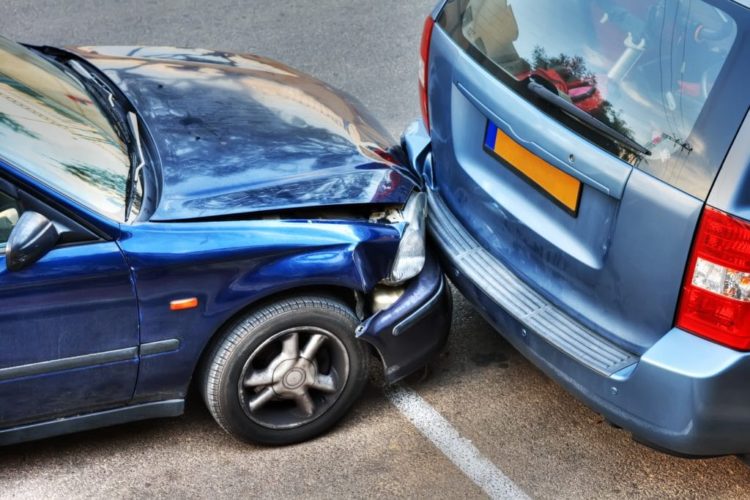Car accidents are unexpected and often chaotic events that can leave you feeling disoriented and stressed. However, knowing what to do in the immediate aftermath of a collision is crucial for your safety and well-being. In this blog post, we will outline the essential steps to take immediately after a car accident to protect yourself, your passengers, and your legal rights.
1. Ensure Safety
Your safety and the safety of others involved in the accident should be your top priority. Here’s what you should do:
- If possible, move your vehicle to a safe location, such as the shoulder of the road, to prevent further accidents or blockage.
- Activate hazard lights to make your vehicle more visible to other drivers.
- If you can’t move your vehicle and it’s safe to do so, exit and move to a safe location away from traffic.
2. Check for Injuries
Check yourself, your passengers, and anyone else involved in the accident for injuries. If anyone is injured, call 911 immediately to request medical assistance. Be cautious when moving injured individuals to avoid worsening their injuries.
3. Contact Law Enforcement
Regardless of the accident’s severity, it’s essential to report the incident to the police. An official police report will be valuable when dealing with insurance claims and potential legal issues. Cooperate with law enforcement, provide accurate information, and obtain the names and badge numbers of the responding officers.
4. Gather Information
Exchange information with other parties involved in the accident:
- Names, phone numbers, and addresses of all drivers and passengers.
- License plate numbers, vehicle makes, and models.
- Insurance information, including policy numbers.
5. Document the Scene
Gather evidence to support your insurance claim and protect your legal rights:
- Take photographs of the accident scene, vehicle damage, and any visible injuries.
- Write down the names and contact information of any witnesses.
- Make a note of the date, time, and location of the accident.
6. Limit Communication
Avoid discussing fault or blame with the other parties involved. Admitting fault or making statements without consulting legal counsel can affect your ability to recover damages.
7. Notify Your Insurance Company
Report the accident to your insurance company as soon as possible, even if you’re not at fault. Provide them with the necessary information and details about the accident.
8. Seek Medical Evaluation
Even if you don’t believe your injuries are severe, it’s advisable to seek a medical evaluation. Some injuries, like whiplash or concussions, may not manifest immediately but can have long-term consequences.
9. Consult an Attorney
If the accident resulted in significant injuries, damages, or if there is a dispute over fault, consider consulting with a personal injury attorney. They can provide guidance on your legal rights and help you navigate the claims process. Laws vary by state, so ensure that you contact an attorney in your state. According to Panter, Panter & Sampedro, a Miami car accident law firm, “even in no-fault states, the injured party may still demand that the responsible party’s car insurance carrier cover additional damages. In this case, if the other driver caused the car wreck, you must also file a claim with their insurance company to pay for medical bills and lost wages exceeding the PIP’s maximum benefits. Under a pure comparative negligence doctrine, your restitution will be reduced by the percentage of your responsibility for the collision.” As you can see, laws can be challenging to navigate.
10. Maintain Documentation
Keep records of all medical bills, repair estimates, and communications related to the accident. This documentation will be crucial in your insurance claim or any potential legal action.
Car accidents can be distressing, but knowing the right steps to take immediately after a collision is essential. Prioritizing safety, obtaining necessary information, documenting the scene, and seeking medical attention are crucial for your well-being and the success of any insurance claim or legal action. By following these steps, you can protect yourself and your interests in the aftermath of a car accident.

